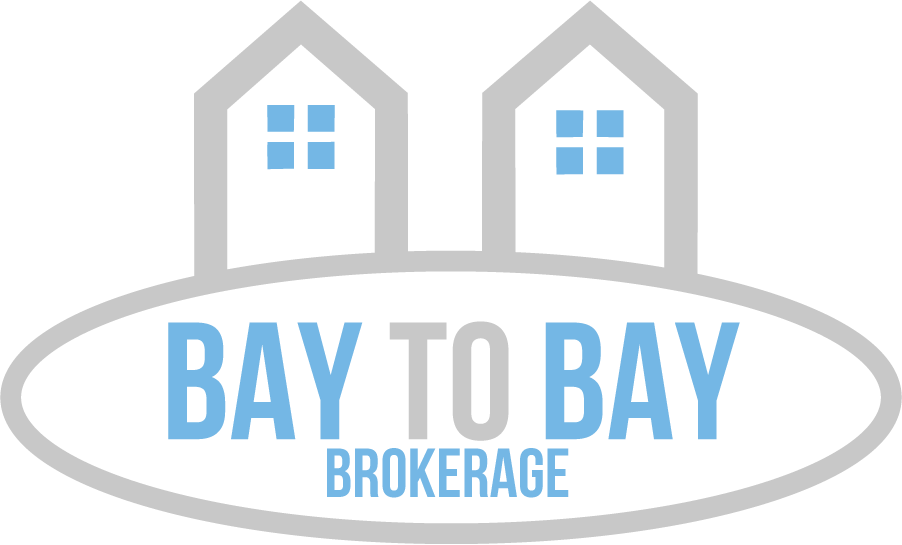The Florida Homestead Program is legal protection for primary residential real estate, designed to help Floridians by reducing property taxes, protecting the home from creditors, and allowing for a tax exemption on the property’s assessed value. To qualify, the property must be the homeowner’s primary residence, and they must have owned the property as of January 1st of the tax year. The program also limits annual increases in the property’s assessed value for tax purposes. However, it’s important to note that the homestead protection is not automatic, and homeowners must file for it with the county property appraiser’s office.
The Florida Homestead Program provides several benefits for eligible homeowners, including:
- Property tax savings: Homesteaded properties in Florida are eligible for a tax exemption of up to $50,000 on the property’s assessed value, which can result in significant property tax savings.
- Protection from creditors: The homestead protection can shield a homeowner’s primary residence from most creditors in case of bankruptcy or other legal judgments.
- Estate planning benefits: The homestead protection can provide valuable help for estate planning, including the ability to pass on the homesteaded property to heirs without forcing them to sell the property to pay off creditors.
- Limit on property value increases: The homestead protection limits the annual increase in assessed property value for tax purposes to 3%, even if the property’s actual market value has raised more than that.
Overall, the Florida Homestead Program is designed to provide valuable financial protections and tax benefits for eligible homeowners in the state of Florida.
The deadline to file for a residential homestead in Florida is March 1st of the tax year. For example, if you want to apply for homestead for the 2022 tax year, you must file your application by March 1st, 2022. I would like to let you know that the application must be submitted to the county property appraiser’s office in the county where the property is located. If you miss the March 1st deadline, you may be able to apply for homestead the following year, but you could potentially miss out on the tax benefits for that year.
